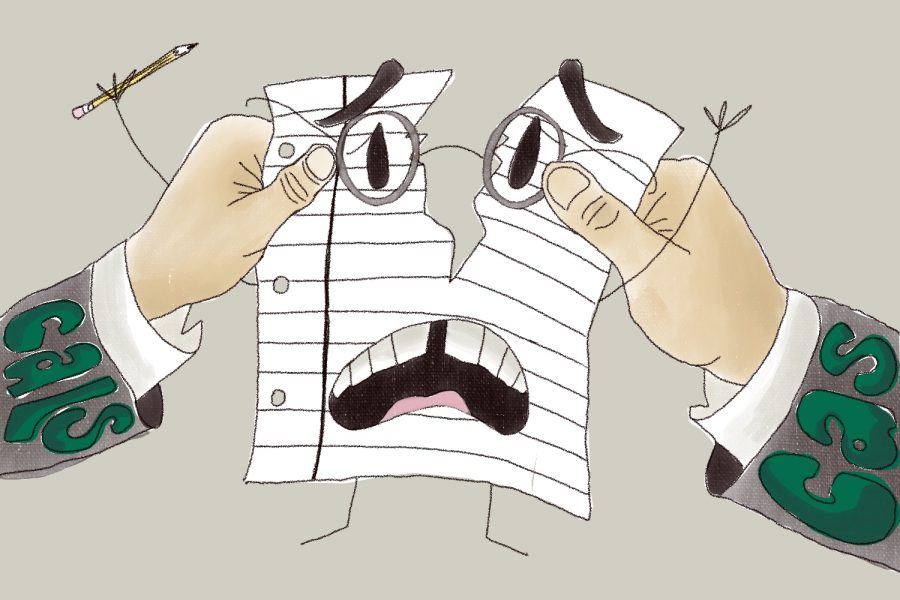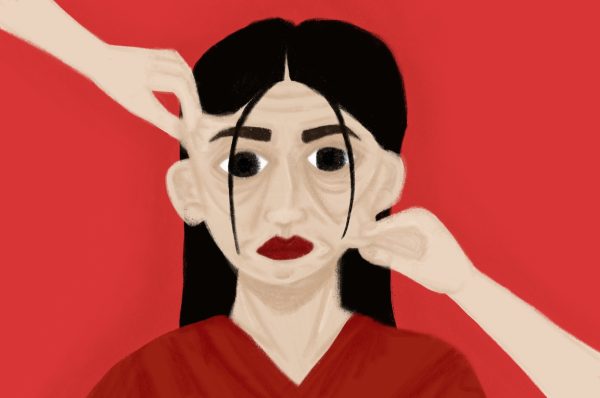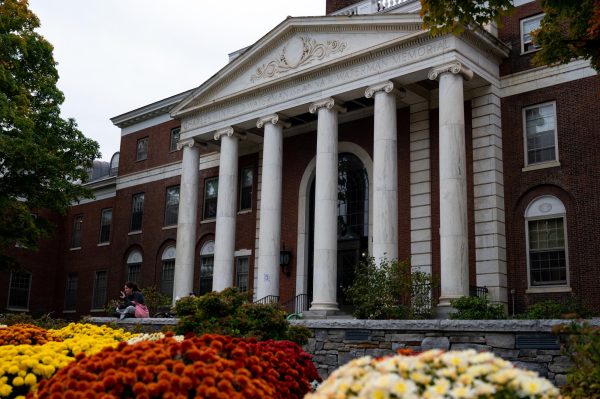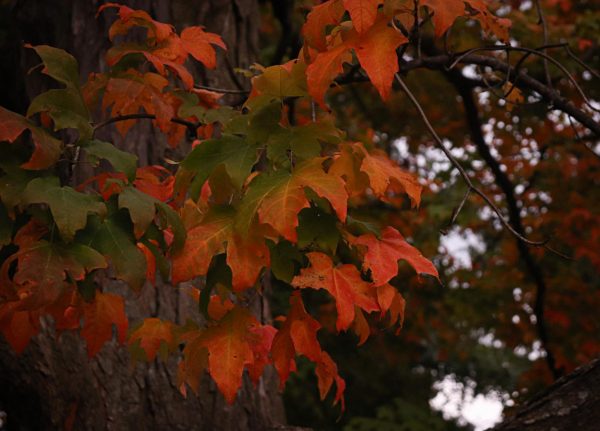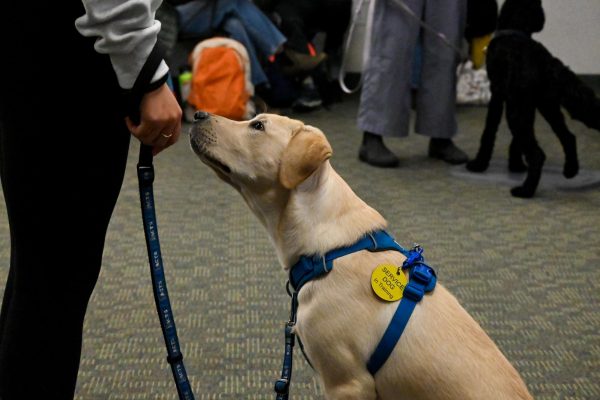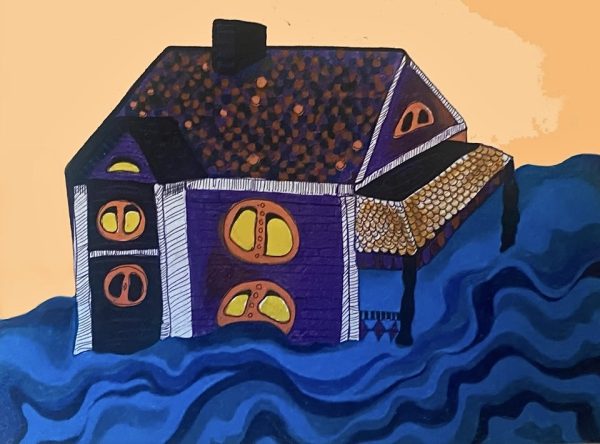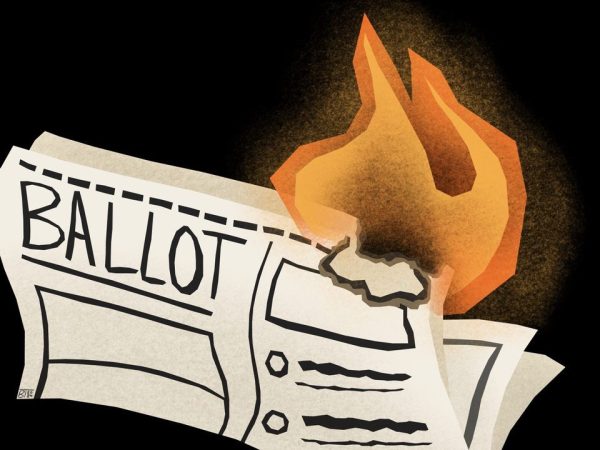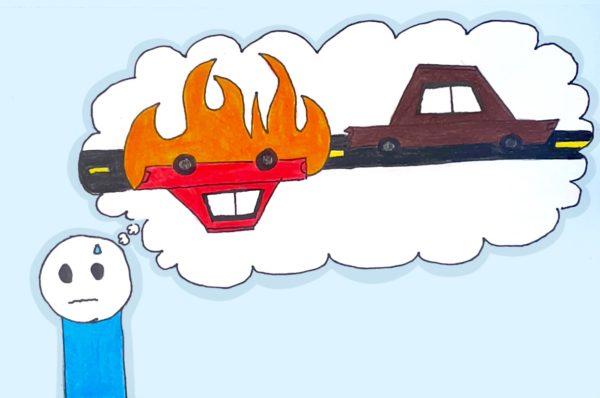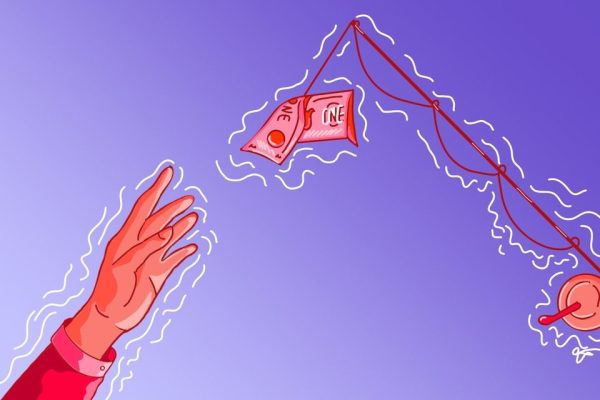The unpaved road to journalism at UVM
The news—what’s in it, who wrote it, whether it’s real or fake—has come to occupy a designated place in our daily lives.
Readers, viewers and listeners often take sides, staying loyal to certain media platforms and denouncing others. The American public has come to worry whether the information being presented to them is the actual truth, or an alternative truth—news audiences are debating facts and reconsidering where their trust lies.
Whether it contributes to tensions or offers relief, free speech in journalism is the epitome of the freedoms we are proud to exercise in the United States.
Now is not the time to make education in journalism inaccessible to the nation’s youth.
UVM is dominated by students in STEM, which make up one third of all undergraduates, according to an Oct. 6, 2017 UVM Today article. The professional goals of this majority are well-served in courses, internships and facilities.
The English and humanities departments, on the other hand, are smaller, according to UVM’s Office of Institutional Research Catamount Data. However, they are no less worthy of the same accommodations.
Just because UVM has a large STEM population doesn’t mean an education in the liberal arts needs to be sacrificed. Students daydreaming of New York Times cubicles and reporting live on-the-scene should be confident that their goals are achievable.
The closest a student can come to studying journalism at UVM is a journalism concentration under a public communication major in the College of Agriculture and Life Sciences, or a minor in reporting and documentary storytelling in the College of Arts and Sciences.
Neither of these options can replicate the extent of education that a degree in journalism would provide, but primarily, the lack of journalism course offerings at UVM forces what was once serious interest to become a secondary, hobby-like pursuit.
Deniz Dutton, a senior in UVM’s Rubenstein School, reflected on the compromises she’s made in pursuing journalism without a dedicated program to do so.
“If journalism was a minor or a major, I would consider double majoring or minoring,” Dutton said. “Instead, I minored in writing because it was as close as I could get.”
Dutton believes offerings should be catered to the subjects that students show interest in, no matter how sure they are of their college plans, and that journalism and related internships are often overshadowed by other areas of study, she said.
“Maybe [the UVM administration is] just completely out of touch with what the student body actually values and wants in academics,” Dutton said. “If journalism was better promoted at UVM, I would have taken courses like that long ago.”
UVM’s journalism concentration falls under the College of Agriculture and Life Sciences, possessing unique requirements in addition to a chosen major. Majors like English, political science and global studies alternatively fall under the College of Arts and Sciences, separating the CALS journalism concentration from its foundational subject matters.
The unique course requirements for each of UVM’s colleges make a combination of these majors nearly unattainable without a debilitating course load or summer courses.
Students therefore have an unfortunate choice to make—a public communication major that strays from a journalism curriculum or a major in a different college that focuses more closely on unrelated or only tangentially related subjects.
There are 18 courses offered to fulfill the RDS minor requirements and 21 courses to fulfill the PCOM journalism concentration requirements. Of these 39 combined course offerings, only five of them overlap between the minor and concentration, according to UVM’s fall 2023 course list.
UVM students have the option to speak with an adviser about creating more overlap in requirements, but this is hard to organize without it being explicitly stated as an accommodation and can become complicated in the midst of navigating course loads and routes to take through undergrad.
Discrepancies in what courses fulfill requirements mean many journalism offerings are unhelpful in progressing towards a degree. The courses excluded from either requirement list would then become electives that take additional time and effort without counting towards completing a major.
The RDS minor and PCOM journalism concentration both give students the option of participating in the Community News Service Internship and CDAE 3991, simply called “Internship” in the PCOM course catalog.
RDS students separately have two additional internships available with an adviser’s permission under CAS, according to the RDS catalog.
This puts PCOM students at a serious disadvantage in comparison to those in RDS.
Internships are one of the first formal opportunities that a college student may have to apply their learned skills to real-world scenarios. This imbalance in offerings makes the search for a fitting career more difficult, limiting PCOM students in their exposure to pre-professional work.
Without a clear path toward journalism at the undergraduate level, UVM students may feel that advanced writing and reporting are graduate school territory. This forces students to continue their higher education, as it delays experience in journalism for the entirety of a bachelor’s degree.
This pushes students to find ways they can compensate for journalism opportunities that aren’t otherwise available, bringing more attention to student organizations.
Student-run newspapers have an important presence at all universities, especially where they might be the only consistent exposure an amateur writer has to journalism. They allow us to keep up with the happenings of campus, to feel accomplished when our work is published and to converse over the work of peers.
These newspapers are critical to a campus’ community, but they shouldn’t have to pave a road to journalism alone. Journalism is constantly recycling its contributors, so the field relies on a steady flow of talented youth to keep reporting engaging, informative and transparent.
UVM needs to consider introducing a journalism major that collects all corresponding courses into one main program. This program would need to be well advertised for prospective, incoming and current students as an option in the humanities as well as for those who are committed to a career in journalism.
A journalism major at UVM would ideally include a wide variety of courses from subjects like English, political science and global studies that can be simultaneously covered without an additional major or multiple minors.
Professors specializing in journalism would be most beneficial, but UVM faculty experienced in humanities from other departments could also easily help a journalism program grow by contributing their expertise in directly related fields.
Once journalism is appreciated for its ability to investigate complex situations, deliver information and shape our relationships with one another, UVM can be a place where these careers are in reach and students are well prepared to take them on.


